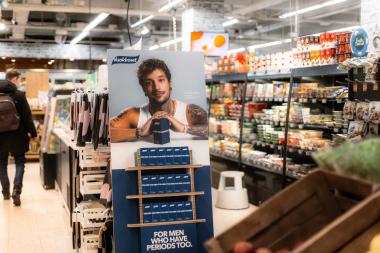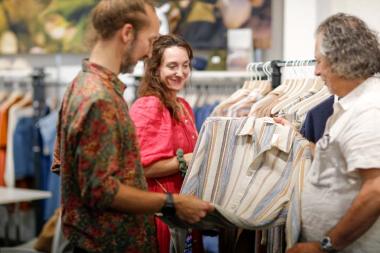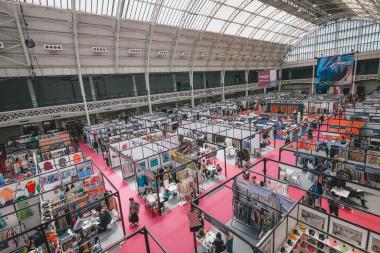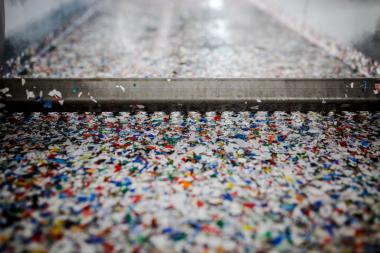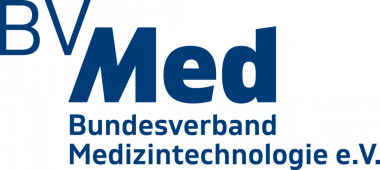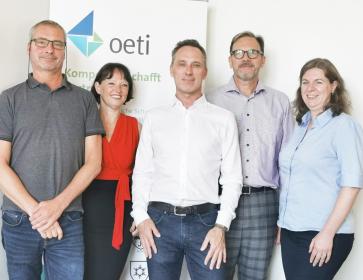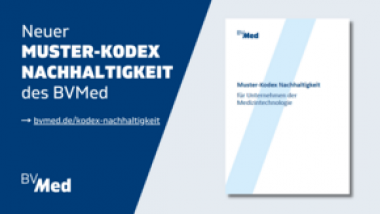Tampon for men aiming to reduce gender dysphoria
Tampon for Men by Finnish hygiene product brand Vuokkoset aims to alleviate the distress transgender men feel related to menstruation. The creative partner behind the idea is TBWA\Helsinki. The product was launched during the international Transgender Awareness Week and sparked a discussion in Scandinavia of the inclusivity of the health and wellness industry.
Research has shown that 93% of transgender men have experienced gender dysphoria related to menstruation. With a tampon designed for men, Vuokkoset sparked a vivid conversation in Finland during the International transgender awareness week (Nov 13 to 19, 2023) with an aim to change perceptions of menstruation and reduce the distress it causes to transgender men.
“Marketing has a huge role in shaping the world around us. As Finland’s leading creative agency and the leading global agency collective, we have an immense responsibility in actively making the world more inclusive. Vuokkoset is a brand that shares this value base and was brave enough to put the campaign together with us in just four short weeks” says Heidi Taina, creative director from TBWA\Helsinki.
Trans men and non-binary individuals may still have menstrual cycles, regardless of hormone therapy choices. This highlights the diversity in experiences related to menstruation among different gender identities.
"When I was young, menstruation felt not only strange but somehow wrong. Our culture does not really acknowledge the diversity of menstruating individuals" says DEI consultant and face of the campaign Dakota Robin, who has been through the gender affirming process himself.
The Tampon for Men will be available as a limited edition in Finland and wider distribution will begin in early 2024. Total sales proceeds are donated to Trasek ry, an organization focused on gender diversity and sexual health. A fully gender-neutral tampon product by Vuokkoset is also being considered.
"Menstrual products - from visuality, advertising to store location - are strongly feminine. It’s time to acknowledge the diversity of menstruating individuals" says Sanna Karhu, CEO of Delipap Oy, the company that manufactures Vuokkoset products.
"This is definitely a step in the right direction. By changing attitudes and broadening perspectives, we can also remove discrimination against gender minorities," concludes Dakota Robin.
TBWA


